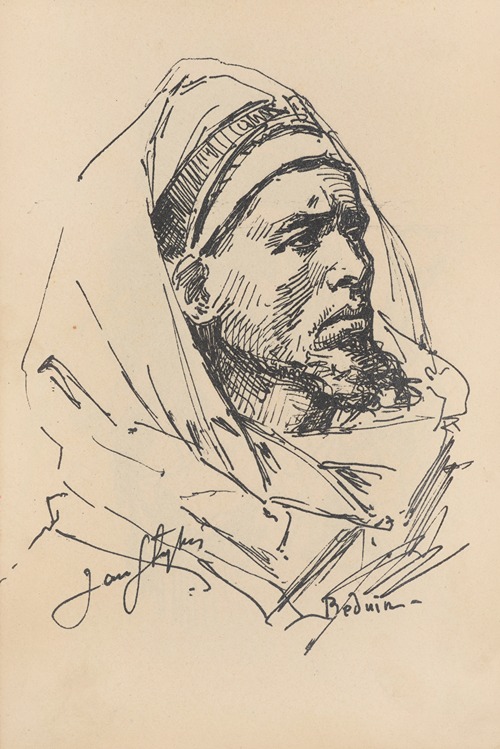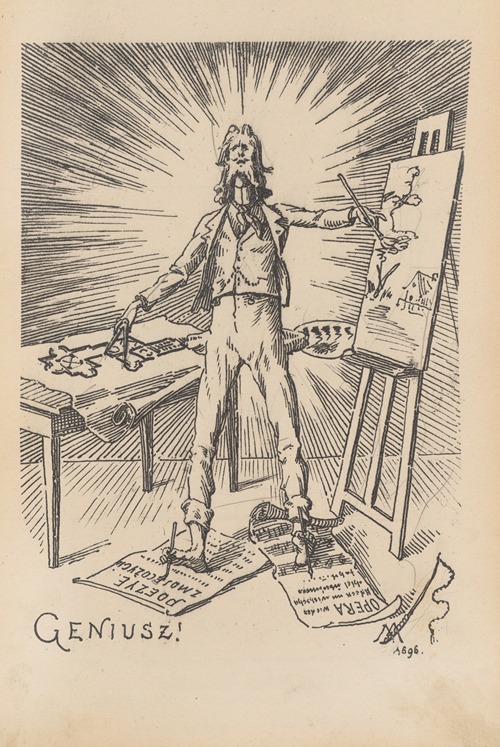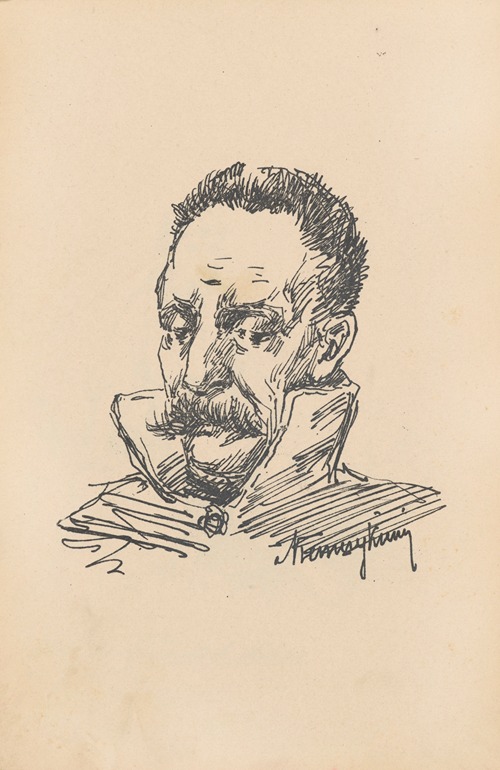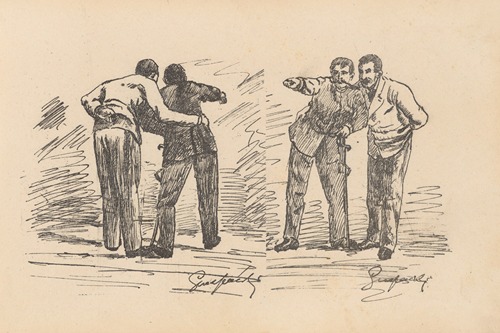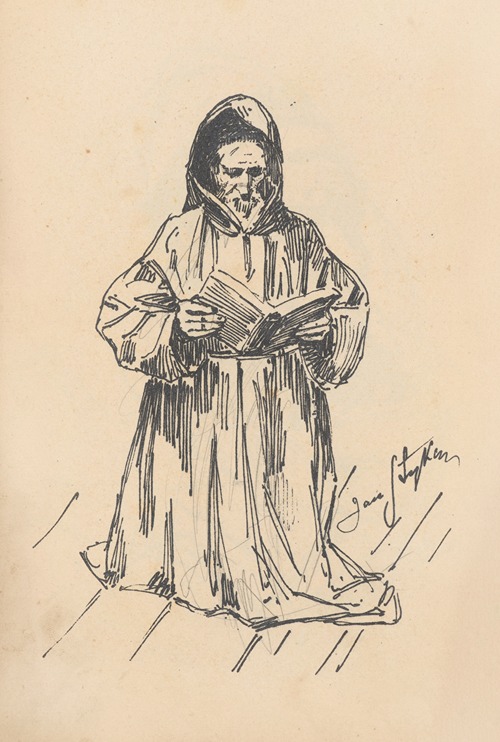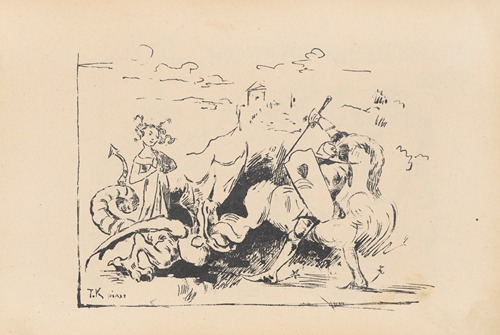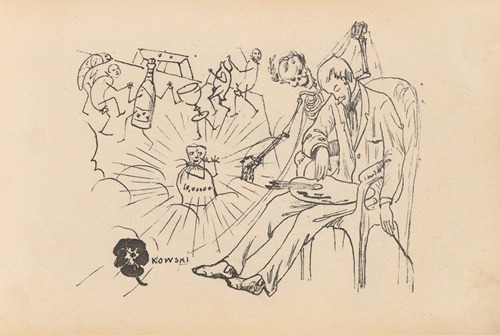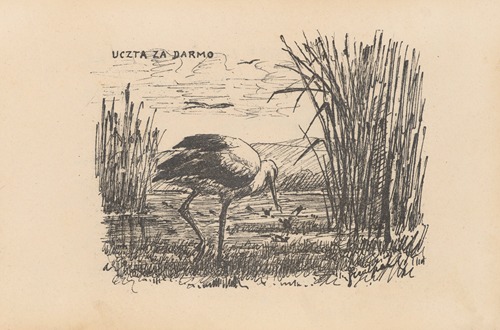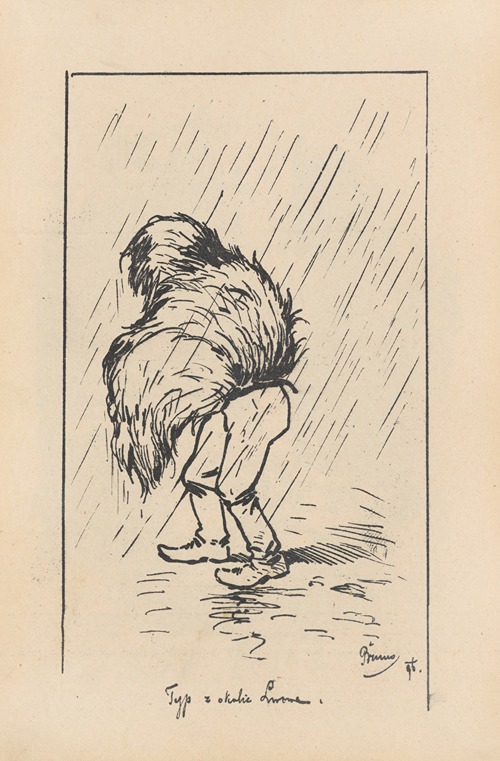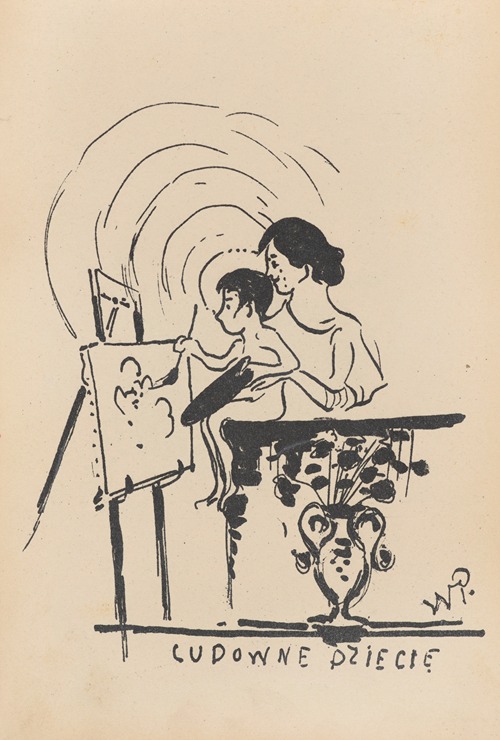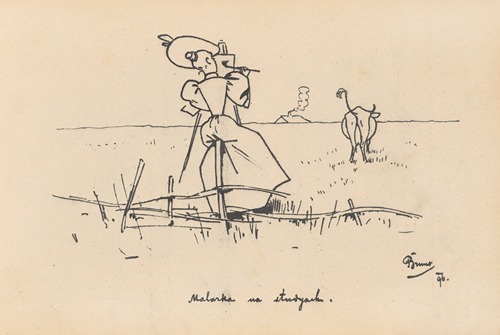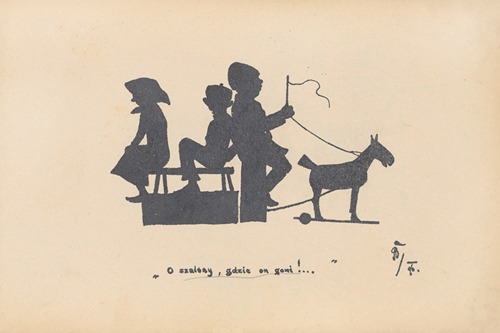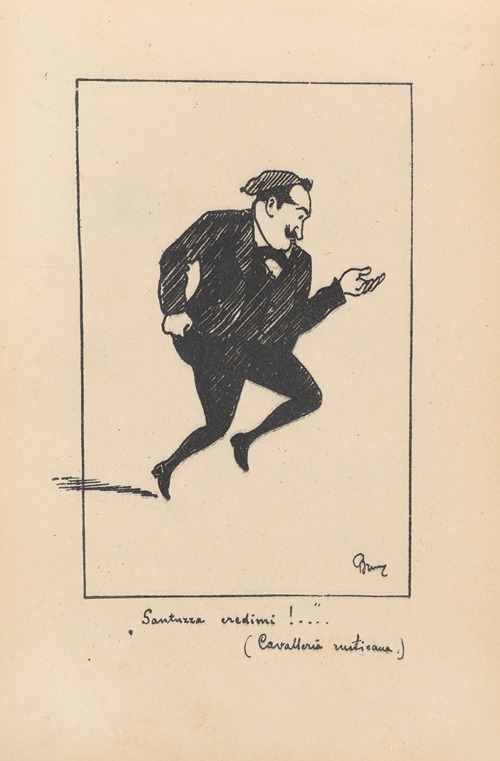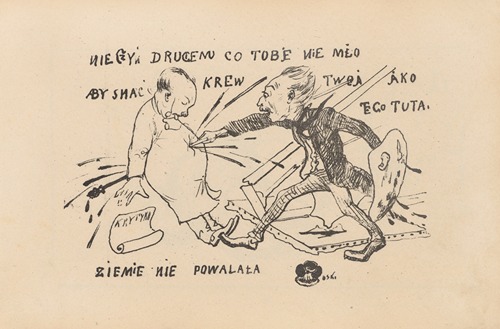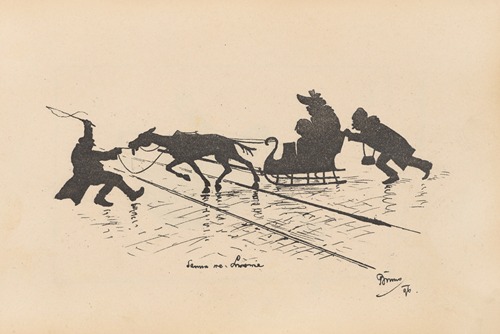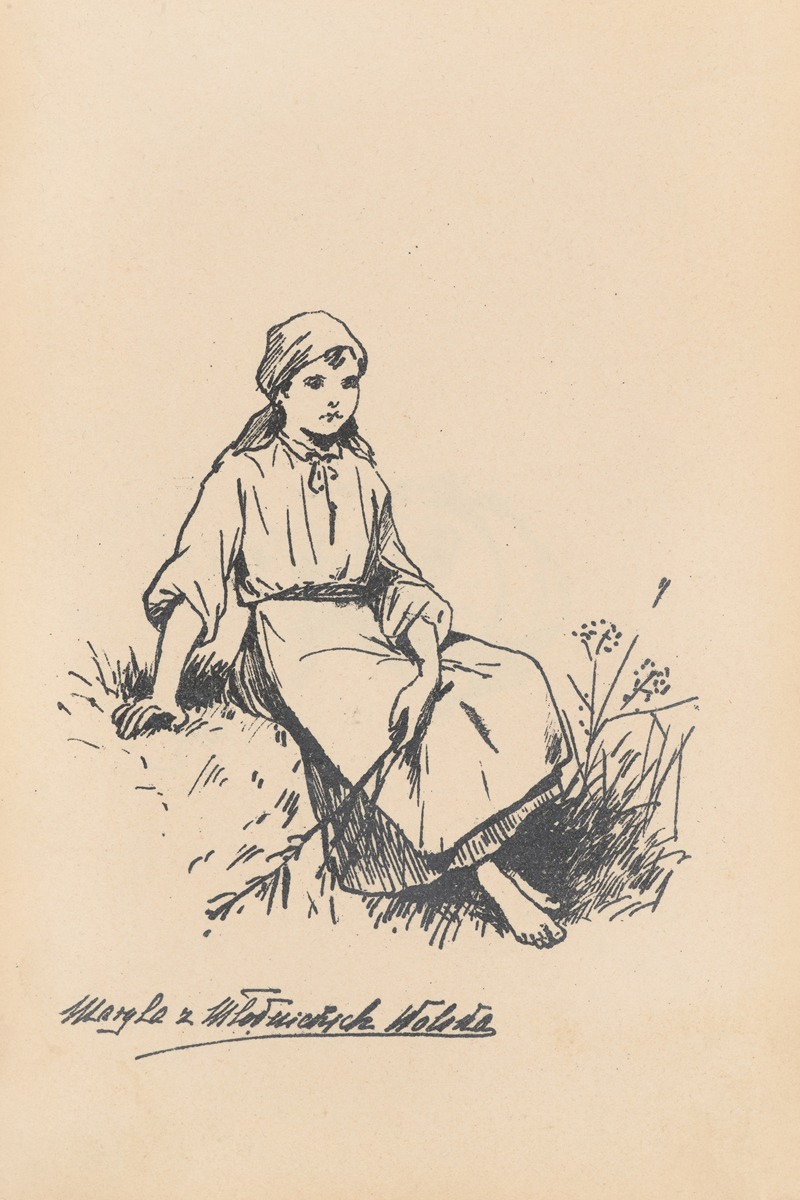
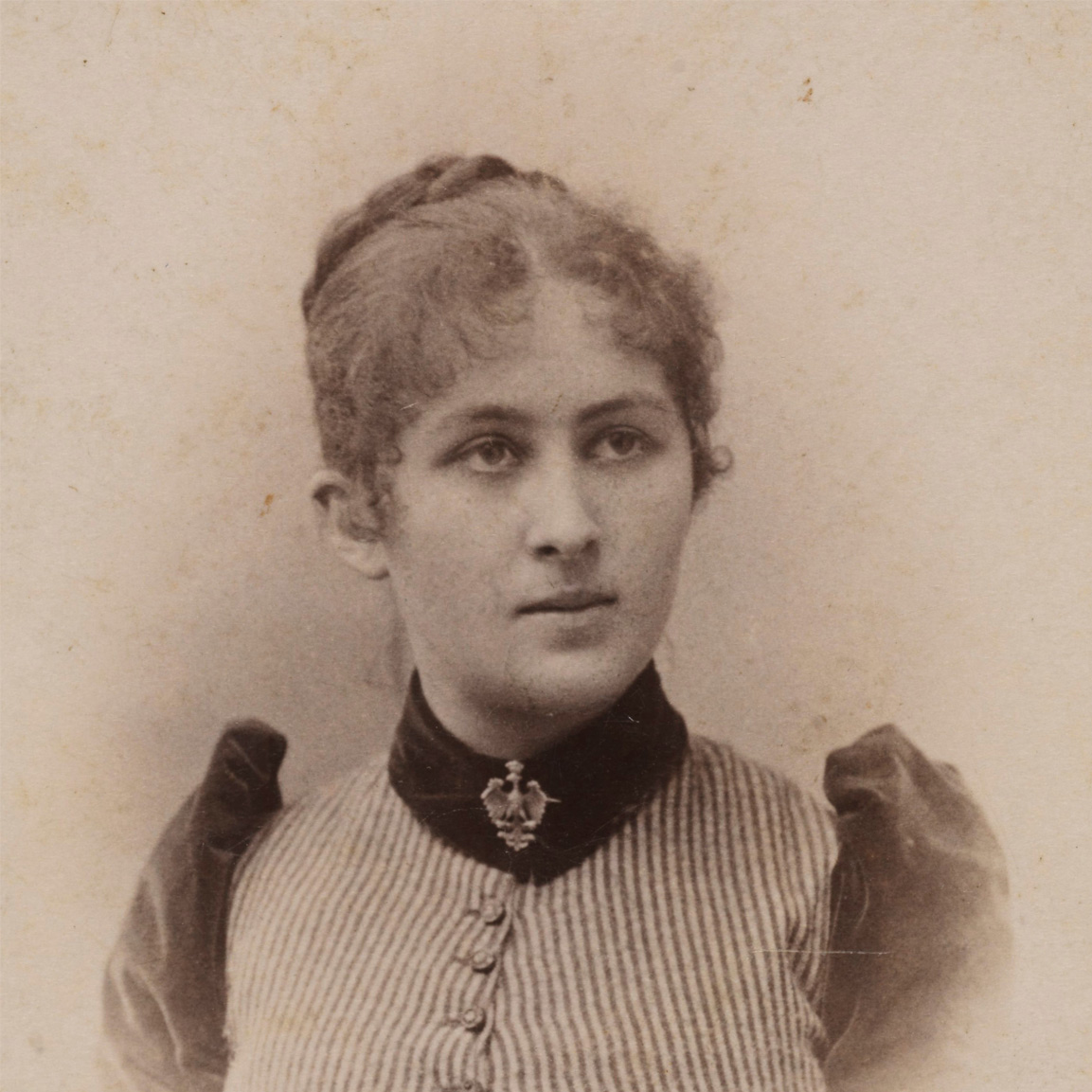
Maryla Wolska was a Polish poet of the Young Poland period. She wrote under the pseudonyms Iwo Płomieńczyk, Zawrat, D-mol, and Tomasz Raróg.
She was the daughter of Wanda and Karol Młodnicki. Her mother, Wanda (née Monné), was engaged to Artur Grottger (until his death on December 13, 1867), and her father was a painter and friend of Grottger. She grew up in an artistic atmosphere. Even her godparents were artists: one pair consisted of the painter Henryk Rodakowski and his stepdaughter Leonia Blühdorn, and the other of the poet Kornel Ujejski and Leonia Sawczyńska. It is therefore no surprise that she practiced both arts from a young age.
The villa “Zaświecie” at the foot of the Lviv Citadel, near the Ossolineum, where she lived, was the venue for poetic meetings of the Płanetnicy group, which included Leopold Staff, Edward Porębowicz, Józef Ruffer, Jan Zahradnik, and Ostap Ortwin.
Her most popular work was a volume of poems entitled Dzbanek malin (A Jug of Raspberries), published in 1929. She often used impressionistic motifs in her work.
From her marriage to the industrialist and inventor Wacław Wolski, she had five children: three sons (Ludwik, Kazimierz, and Juliusz) and two daughters (Beata and Aniela). The most literarily talented, her eldest son Ludwik, was murdered in 1919 in Złoczów by Ukrainians, and the youngest, Juliusz, died in 1926. Beata (Obertyńska) was a poet and writer, and Aniela (Lela) Pawlikowska was a painter.
She is buried in the Łyczakowski Cemetery in the family grave of the Młodnicki and Wolski families.
